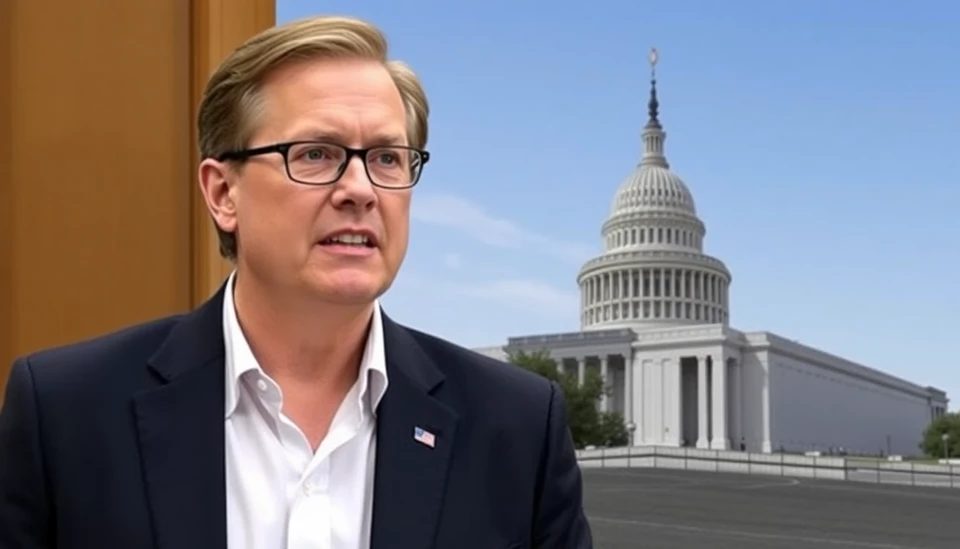
In a contentious turn of events, Republican Congresswoman Nancy Mace has been branded a "bully" following her introduction of a resolution targeting transgender athletes in women’s sports. The resolution aims to advocate for a ban on transgender women participating in female athletic competitions, igniting fiery debates within the party and among the public.
The resolution was unveiled during a time when discussions surrounding gender identity and rights are at the forefront of national discourse. Mace argues that the integrity of women’s sports is at stake, aligning herself with a growing faction of the Republican party that supports limiting transgender participation in sports based on biological sex.
Her move has fueled anger and disappointment among many advocacy groups, including those that defend LGBTQ+ rights. Critics have been quick to label Mace as a "bully," suggesting that her actions perpetuate harmful stereotypes and discrimination against transgender individuals. Mace’s stance has further polarized opinions within the party, with some members calling for more inclusive approaches to gender issues.
In response to the backlash, Mace defended her position by emphasizing a commitment to fairness in athletics. She insists that allowing transgender women to compete against cisgender women undermines the competitive spirit and advantages that biological differences may impart. This perspective has found a receptive audience within a segment of the Republican base, but it has also sparked outrage from opponents who argue that such policies promote exclusion.
The resolution now faces scrutiny in Congress, where similar measures have met with varied success. As debates continue, advocates on both sides are mobilizing to either support or challenge Mace’s resolution. The unfolding scenario reflects broader societal tensions surrounding gender, rights, and the evolution of sports in an increasingly complex landscape.
As the situation develops, Mace has become a focal point in the national conversation about gender and sports, with many watching closely to see how Congressional leadership will grapple with the implications of her resolution.
The conversation highlights a pivotal moment for both the Republican party and the future of gender policies in the U.S., as figures like Mace seek to navigate the intricate dynamics of personal identity, rights, and fairness in athletics.
As various stakeholders prepare for the impending debates, it remains to be seen how this controversy will unfold and what lasting impacts it may have on the political landscape and the current discourse surrounding transgender rights.
#NancyMace #TransRights #GenderEquality #SportsDebate #LGBTQ #RepublicanParty #FairnessInSports #Controversy
Author: Rachel Greene




